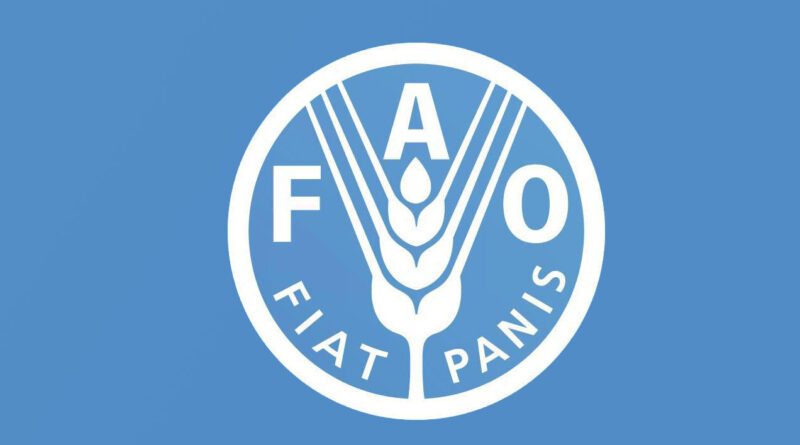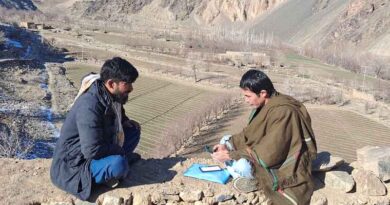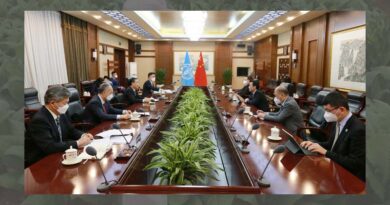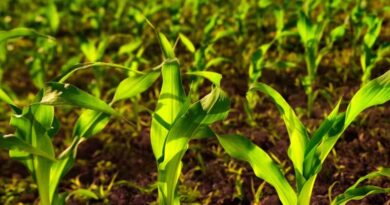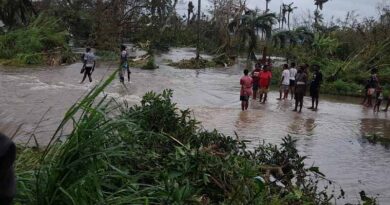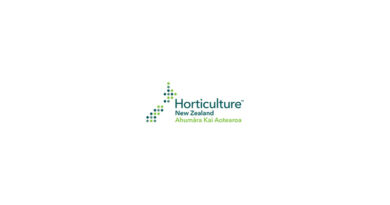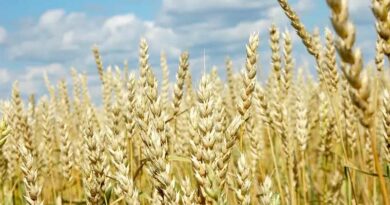Türkiye earthquakes: initial assessment indicates losses of more than 20 percent in food production
01 April 2023, Rome: The Food and Agriculture Organization of the United Nations (FAO) is scaling its operations to help earthquake-hit rural communities in Türkiye and the Syrian Arab Republic sustain and recover basic food production, while assessing agricultural damage and monitoring the longer-term and indirect impacts.
The devastating earthquakes struck southern Türkiye and the northern part of the Syrian Arab Republic on 6 February 2023. Initial assessments on the impact in Türkiye indicate severe damage to agriculture, including crops, livestock, fisheries and aquaculture, as well as rural infrastructure in affected areas.
More than 20 percent of Türkiye’s agricultural production damaged
In Türkiye, the earthquake severely impacted 11 key agricultural provinces affecting 15.73 million people and more than 20 percent of the country’s food production. The earthquake-affected region, known as Türkiye’s “fertile crescent”, accounts for nearly 15 percent of agricultural GDP and contributes to almost 20 percent of Türkiye’s agrifood exports.
More than one-third of the population in these hardest-hit provinces live in rural areas and rely on agriculture for their livelihood. Disrupted supply chains and financial challenges are exacerbating the struggle of rural families to access and afford productive inputs, leaving them unable to meet basic needs and support their families.
Initial assessments indicate significant impacts to agriculture, with preliminary estimates of $1.3 billion in damage and $5.1 billion in losses to the sector. Damage refers to the replacement or repair cost of totally or partially destroyed physical assets and stocks, such as agricultural infrastructure, livestock and crops. Whereas, a loss refers to the economic and productive impact of the damage, such as reduced availability of food and higher food prices due to the loss of stored crops.
Besides collapsed buildings, non-operational food sector structures, damaged crops and storage facilities, the earthquakes struck major livestock breeding regions, destroying barns and causing animal losses and injuries. Shelter shortage, feed scarcity and disrupted vaccine production have raised foot-and-mouth disease risks and concerns over deteriorating animal husbandry conditions. Fish production has also been compromised, with 34 fish farms and three fishing ports impacted and the loss of key fish species. Small-scale fishers and aquaculture producers will also suffer significant income losses due to the inability to resume operations.
FAO boosts response efforts, renews its appeal
Access to agricultural inputs has become increasingly challenging in the region, and numerous agricultural and livestock activities have come to a halt due to labour losses and shortages. This precarious situation raises further concerns as the summer harvest season draws near.
“Planting before the end of rainfall is our only chance to ensure a healthy crop for the coming year, given the damage to our irrigation channels and agricultural infrastructure. We need fertilizers now before it’s too late,” said Mesut Ozer, farmer from Nurdağı, Gaziantep.
FAO urgently seeks $112 million to deliver immediate and longer-term support to earthquake affected families and communities in Türkiye. This includes $25 million under the United Nations Türkiye Flash Appeal issued in February to rapidly provide cash, livestock and agricultural support to 900 000 rural people.
To date, FAO has secured only $1.5 million of these requirements through its Special Fund for Emergency and Rehabilitation Activities (SFERA) and internal resources. With this, FAO has rolled out immediate interventions to safeguard livelihoods, including providing cash, rehabilitating damaged infrastructure at household level, distributing livestock feed and providing quality inputs.
“The planting season deadline is approaching. We need to urgently support our farmers by providing fertilizers and seeds,” said FAO Subregional Coordinator for Central Asia and FAO Representative in Türkiye, Viorel Gutu. “This is our only chance to maintain crop production levels this year. We also need to provide animals with feed to maintain their health and productivity.”
The assessment of damages and losses in Syria is ongoing and will be released shortly as well as FAO’s plan and strategy to respond.
Also Read: G20 India: 2nd ADM of the Agriculture Working Group held in Chandigarh
(For Latest Agriculture News & Updates, follow Krishak Jagat on Google News)

